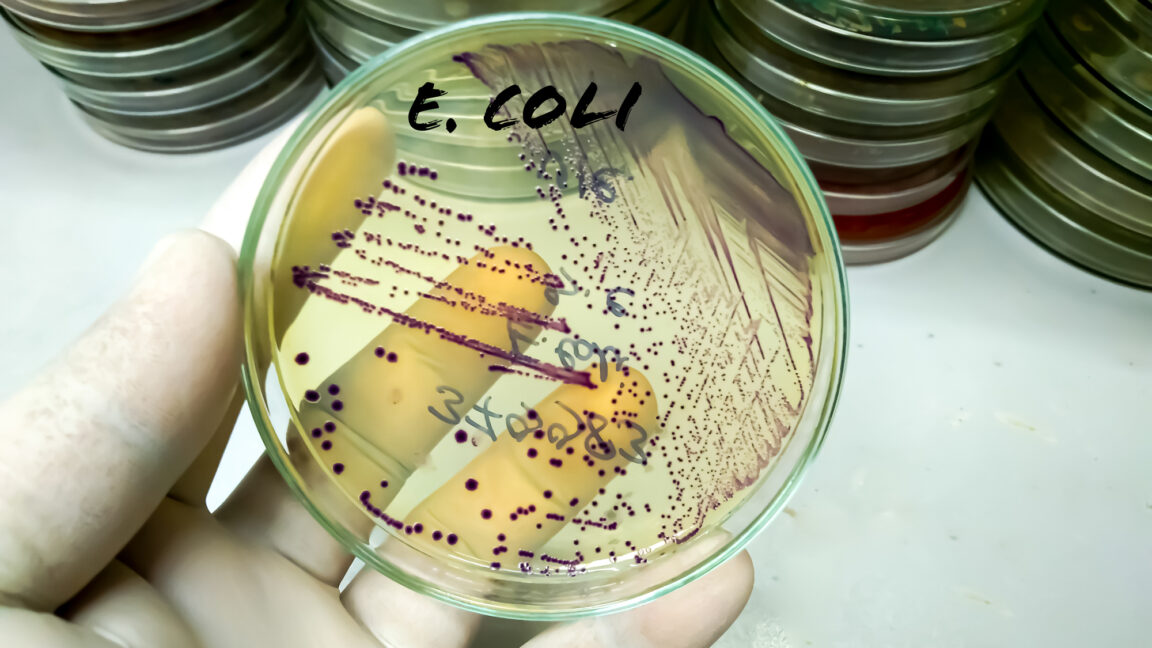
"The researchers demonstrated a novel enzyme-based system that can incorporate a wide range of chemicals into biodegradable polymers, showing potential for bio-based manufacturing."
"By altering enzymes and conditions, researchers achieved over 50% polymer yield and introduced specific amino acids, illustrating the flexibility and tunability of the polymerization process."
The researchers have innovatively enhanced E. coli strains to synthesize polymers by manipulating lactic acid production and enzyme activity. By knocking out lactic acid-producing genes and adjusting polymerization conditions, they successfully integrated a diverse mix of amino acids and other chemicals, achieving yields exceeding 50%. This method demonstrates significant flexibility for tailoring polymer properties. However, challenges remain, such as managing random chemical incorporation and purification difficulties, indicating that while promising, this technology isn't yet suitable for large-scale plastic production.
#biodegradable-polymers #bio-based-manufacturing #enzymatic-polymerization #e-coli #sustainable-materials
Read at Ars Technica
Unable to calculate read time
Collection
[
|
...
]